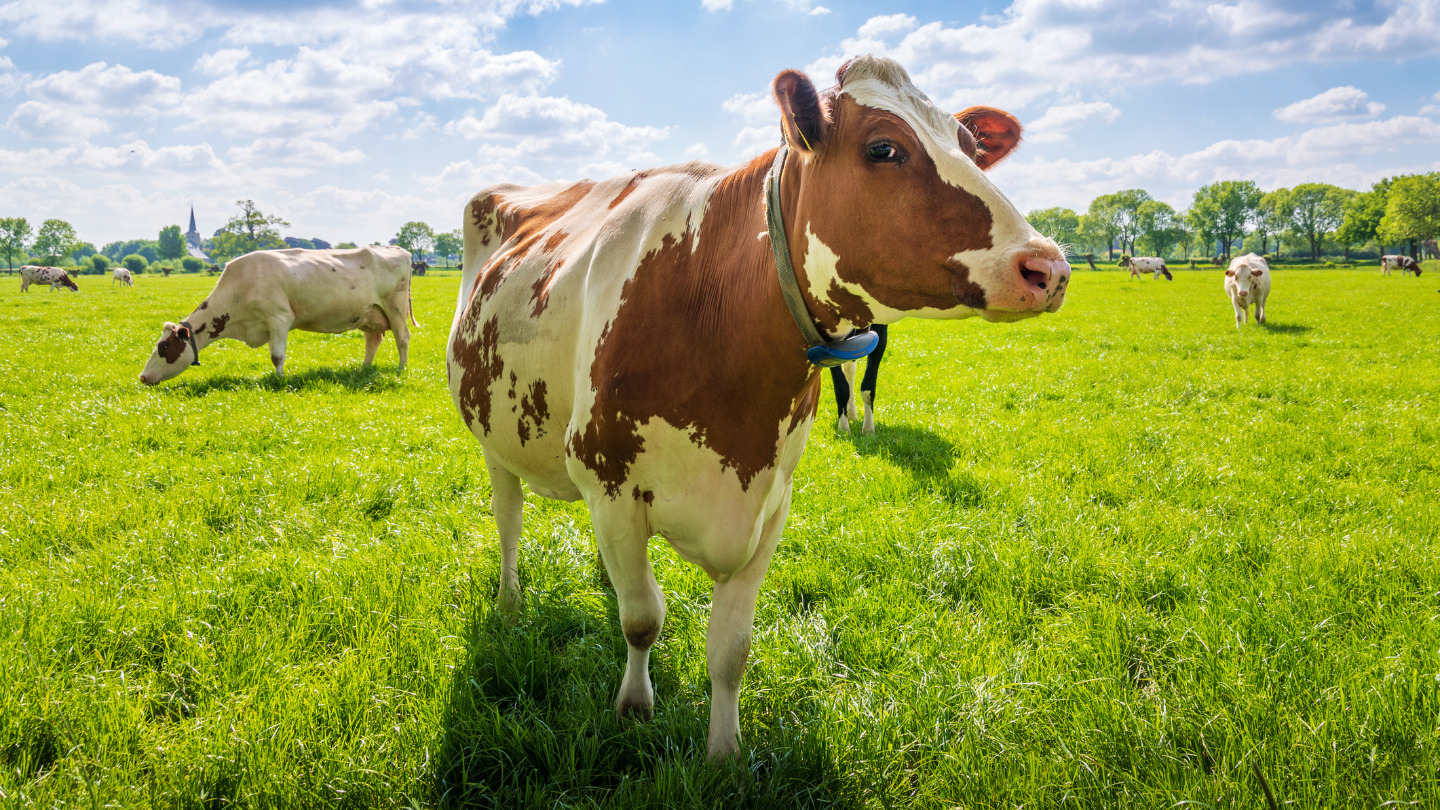Earth has a cow problem. Cow agriculture is one of the largest emitters of climate-warming methane to the atmosphere.
Cow agriculture is responsible for nearly a quarter of the world’s emissions of methane, a potent greenhouse gas (SN: 11/18/15; SN: 5/5/22). The cows make methane in their guts during digestion that is then released to the world, mostly via burps. A smaller — but not insignificant — amount of methane is also emitted directly from the cows’ feces during decomposition.
Researchers have been actively seeking solutions to the gut-produced methane. Adding just a pinch — 0.5 percent of the dry feed — of the red algae Asparagopsis taxiformis to the cows’ food can prevent about 65 percent of that methane production.
Ubiquitous in tropical ocean waters, A. taxiformis contains an organic compound called bromoform, which inactivates an enzyme that normally helps the methane reaction along. This research has raised concerns that the milk of dairy cows fed the algae may contain toxic levels of bromoform as well as iodine in their milk and meat. The U.S. Environmental Protection Agency has assessed bromoform as a probable human carcinogen, and too much iodine can cause thyroid malfunction.
2023-07-28 06:00:00
Source from www.sciencenews.org
